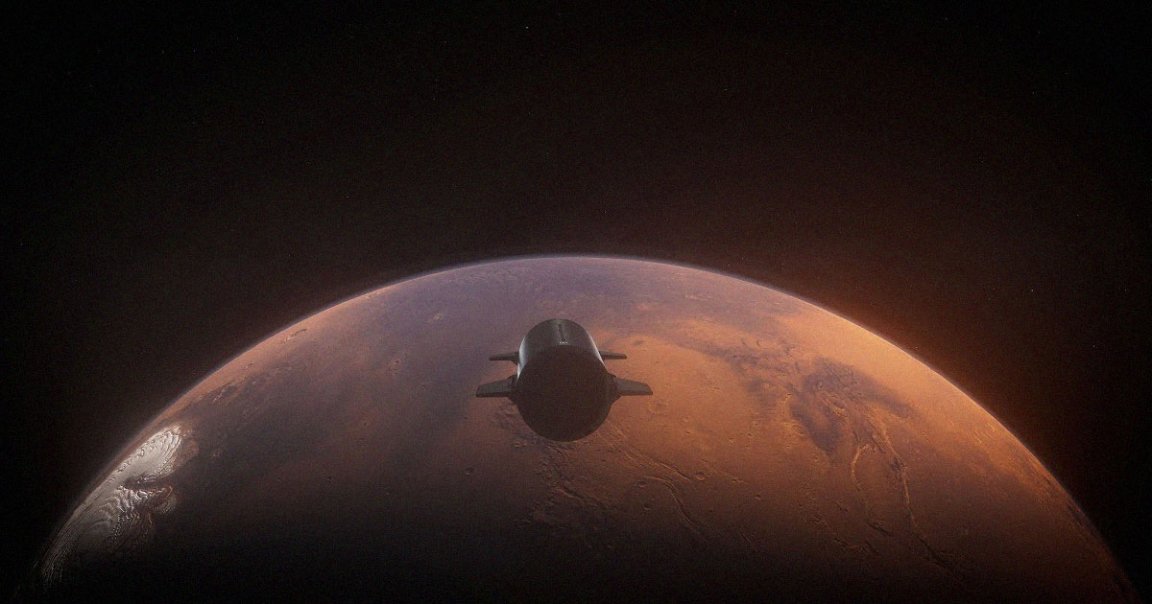
Moon to Mars Pipeline
NASA is debating whether to work with commercial partners to get to Mars.
And while SpaceX is the “elephant in the room,” as Ars Technica put it, NASA is keeping its options wide open.
It’s a notable change, as the first time the space agency has openly raised the possibility of working with private space companies to reach Mars.
But it’s not surprising either, with NASA having already tapped key industry players to get to the surface of the Moon.
And judging by the agency’s existing collaborations, especially when it comes to landing a Starship spacecraft on the lunar surface during its upcoming Artemis 3 mission, it seems almost certain that SpaceX will throw its hat in the ring.
Commercial Planet
NASA’s Jet Propulsion Laboratory put out a public solicitation in the form of a 496-page document for new ways to extend its existing commercial space program to the Red Planet this week, offering up $200,000 for a single study of one of its reference missions.
In other words, JPL is having companies bid on different ways of completing the missions outlined in the document.
The proposal assumes the possibility of leveraging “existing or soon-to-be-existing” commercial space systems to “accelerate Martian exploration.” Unsurprisingly, JPL is also hoping for “substantially lower costs, while maintaining acceptable risk.”
The missions range from “smaller payload delivery” with payload mass of up to 44 pounds, to “larger payload delivery,” involving payloads of up to 2,750 pounds. JPL is also looking to find new ways to boost communications between Earth and Mars, as well as enhanced orbital imaging.
Given that the entire document only makes two mentions of SpaceX, it’s clear that the space agency is intentionally trying to keep doors open for other players in the private space industry.
“I’m curious to see if this request brings many new players to the table, or if the unique challenges of Mars combined with the low commercial value will only attract the known players in the red planet,” former NASA Mars scientist Tanya Harrison told Ars.
To be clear, given the small scale of the latest proposal, NASA is merely testing the waters to see whether collaborating with another private company — SpaceX or not — makes sense during future missions to Mars.
But given the space agency’s already fruitful collaboration with the Elon Musk-led venture, it’s an approach that could end up paying off in the long run.
More on Mars: Photos Show Catastrophic Damage to Mars Helicopter